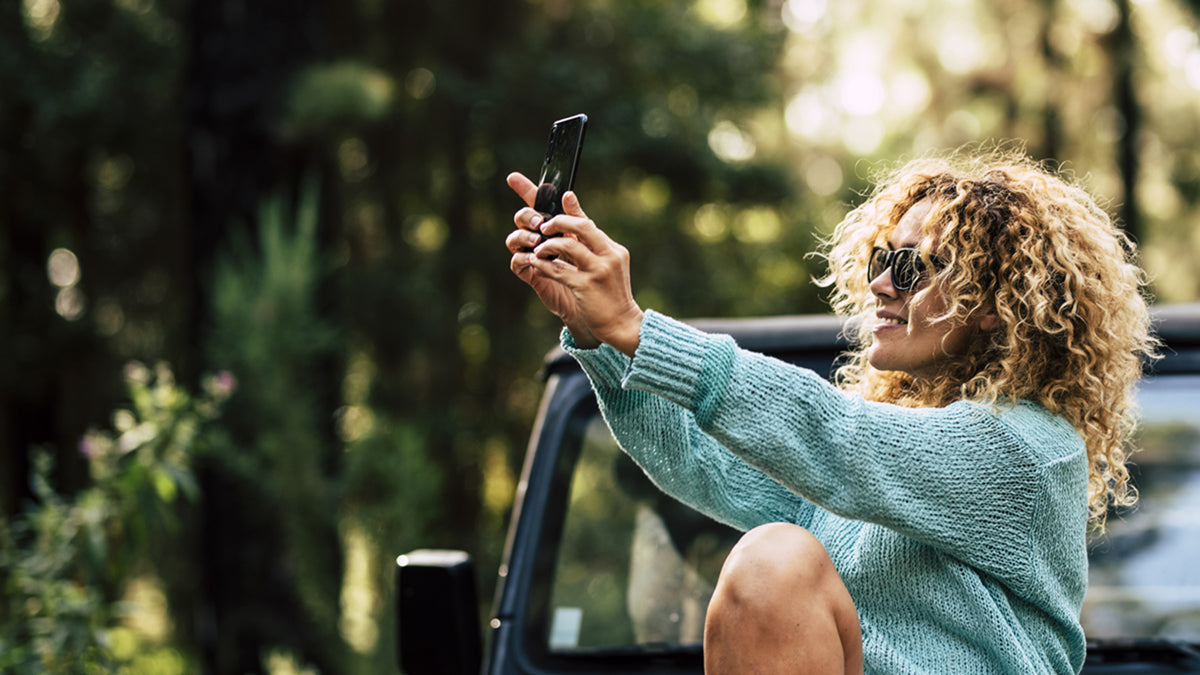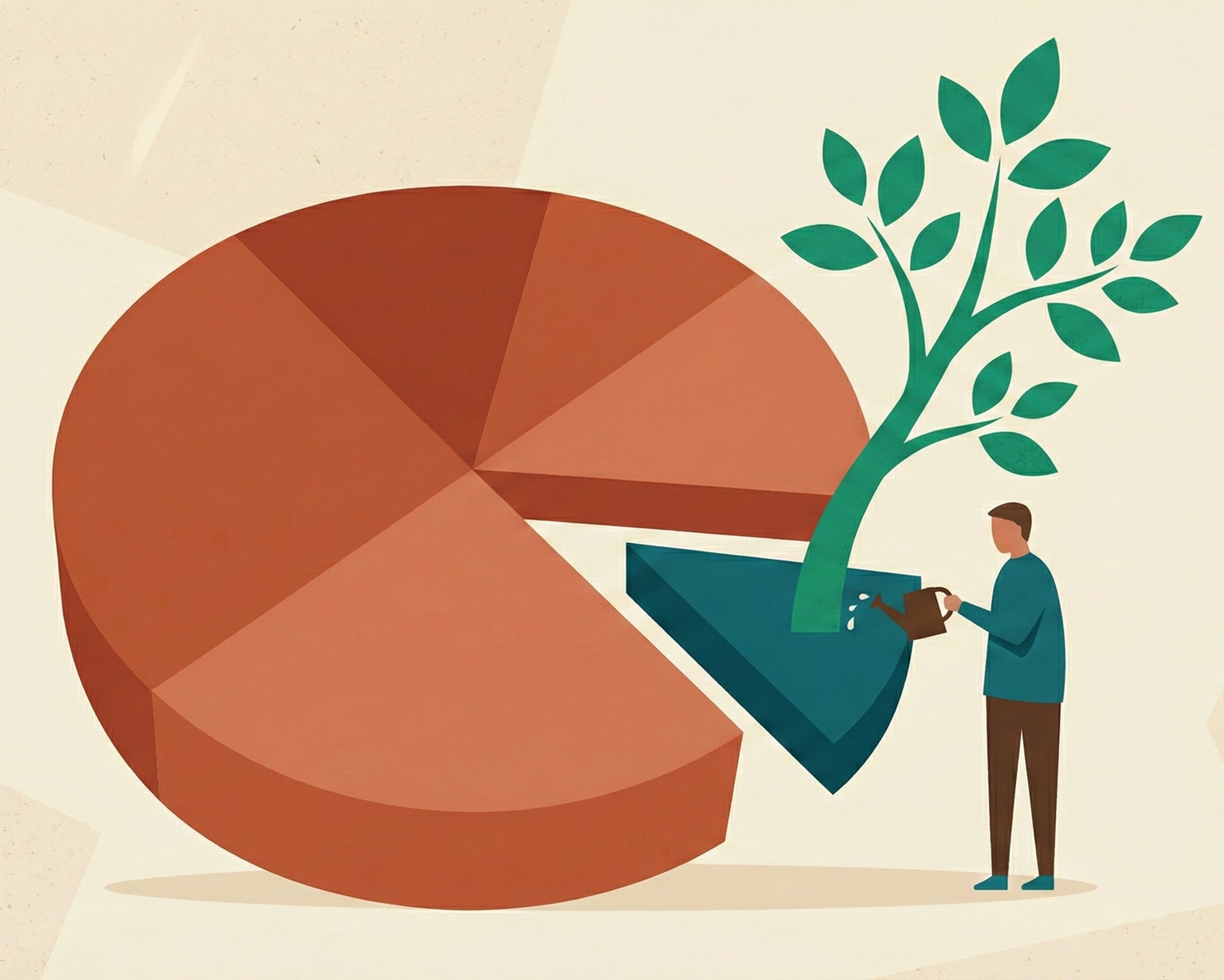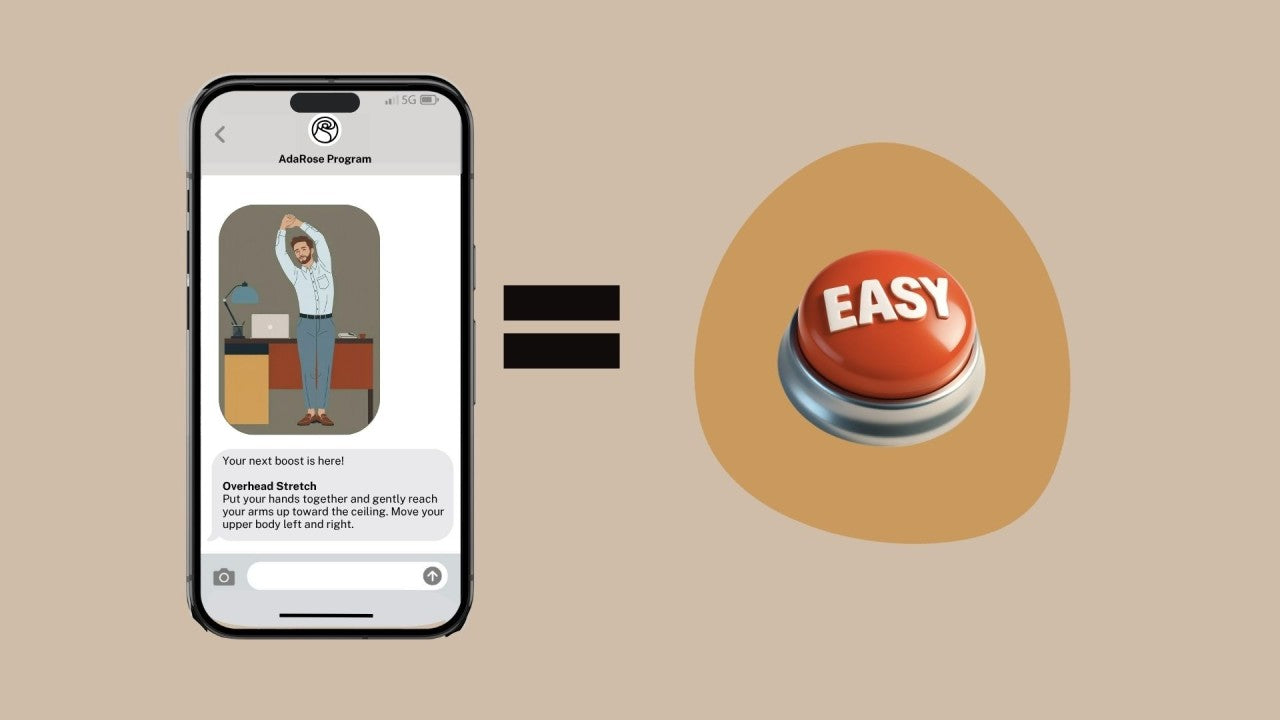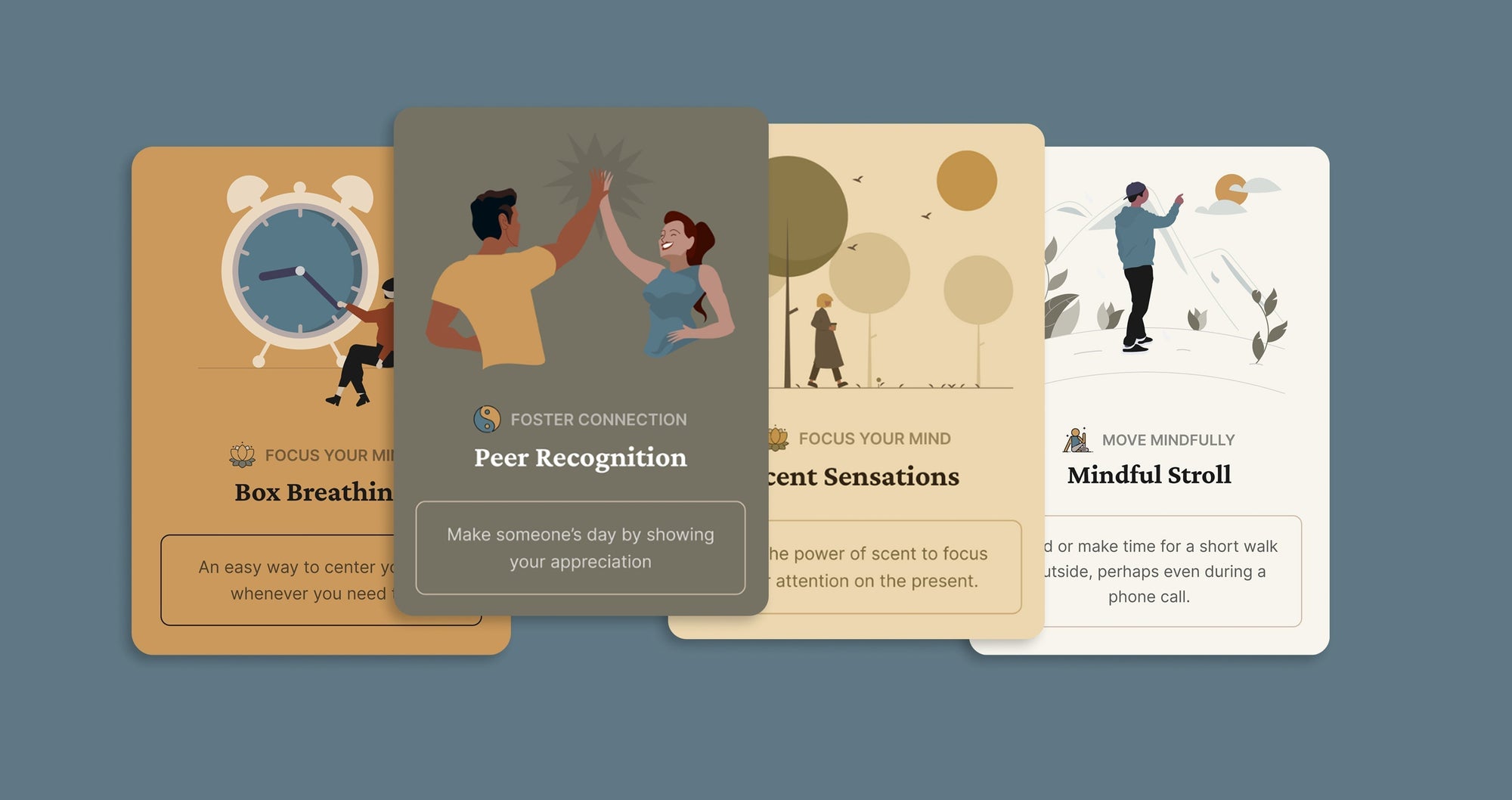In my opinion, the conventional idea of health & healthcare is too narrow. For one thing, health is shaped by everyday life activities more than any factor--what you eat, how you sleep, how much you move. These factors can even make the difference between life and death, especially when it comes to heart disease, stroke, and diabetes, among the leading causes of death worldwide. Health is also holistic in that mental and physical health are closely linked. Your frame of mind determines how you care for body, and, even if that weren't the case, mental health is at the very core of overall quality of life.
For many of us, especially women, health and wellness include how you look and how you feel about how you look. Does getting your hair done or painting your nails ever boost your mood? Me too! So I'm curious about how technology is changing the experience of skincare, makeup, and all things appearance-related, especially since we live in a much more virtual world these days thanks to social distancing to avoid the pandemic.
At the Consumer Electronics Show (CES) in January I (virtually) met Wayne Lui, from Perfect Corp, the worldwide leader in artificial Intelligence (AI) and augmented reality (AR) in skin care and virtual makeup. I interviewed Wayne to better understand what services are available, what's on the horizon, and how these kinds of software might fit into my own life. Read on (or watch our interview here) & let me know what *you* think and whether you've tried--or want to try--any of these tools.
Is "Beauty Tech" a Thing?
The term “Beauty Tech” covers a growing category of both physical & virtual tools like the face mask from dermatologist Dr Dennis Gross, which uses LED lights to fight acne & wrinkles, and the the next-generation of electronic toothbrushes, including the Oral-B iO Toothbrush, which offers virtual interactive coaching on an app. (Side note--I have an electric toothbrush, albeit without an app, and I love it!). Software like the tools Wayne and Perfect Corp make is a subset of the growing beauty devices market, which was valued at $39 billion in 2018 and is predicted to reach $107 billion by 2024. So yes, definitely a thing. Even counting the many filters on SnapChat, Instagram or other services designed to make people look better (or funnier!) online.
Using Artificial Intelligence (AI) & Augmented Reality (AR) for Skin Care & Makeup
Wayne is the General Manager and Senior Vice President at Perfect Corp, which is active in 11 countries. Its native smartphone apps and the apps it supports are downloaded 800 million times annually, and the brands it powers online include Estée Lauder, L'Oréal, Neutrogena, MAC, Ulta Beauty, Sephora, and, honestly, all the other major cosmetics players I could think of. In short, Perfect Corp leads the pack in developing software as a service (SaaS) that enables you to use your smartphone to “diagnose” beauty challenges and find new ways to express yourself via your image, whether virtually, in person, or both.

Perfect Corp Software, Beauty, & Health
Beauty, they say, is in the eye of the beholder. Of course, the term "beauty" can include many factors--your personality, your character, your kindness, your appreciation of someone you love--but in the industry, "beauty" is shorthand for the image you project, particularly your face. According to Wayne, "beauty represents your health status." If you are happy and healthy, you look beautiful, which shows in your skin. If you put makeup on top of healthy skin, you can look even better, he says. “So beauty is part of your life--your entire wellness--and also probably your lifestyle,” says Wayne. In sum, beauty can be part of a virtuous health circle. Look good → feel good → look good. Although different cultures have different beauty ideals, a quest to enhance beauty is universal to humankind.
What Are Some Examples of Skin Care & Makeup Software Applications?
Improving Skin Care Skincare is about understanding both your unique skin condition and the strengths of potentially useful products, and matching the two, says Wayne. Perfect Corp uses machine learning and artificial intelligence to analyze images of your skin (from the camera on your cell phone), which they compare to data from thousands or millions of other people, including other users of their app, and participants in clinical studies. Their software can identify 10 different skin concerns, including acne, wrinkles, discoloration and dryness. The software is trained on real-world data to make recommendations to you based on what worked best for people who are similar.
Virtual Try On Apps on your smartphone can analyze your face and hair and allow you to “try on” a variety of looks by superimposing them on your image (even your video image) using augmented reality. This gives you the option to experiment at very low cost, hassle, and risk. For example, you can see how you’d look with purple hair or a smokey eye before making the investment in time, tools, or services to achieve it (or committing to the look!). For some users of the Perfect Corp app, virtual try on is the main draw--they use it to capture, alter, and share photos of themselves on social media. Others use it to learn how to replicate a look in real life by watching and interacting with a live streaming beauty influencer, many of whom are chosen for their relatability. The app also makes it possible to create fantasy looks that may not be viable off screen, but are a means of self expression and creativity online (example: replicate a detailed image of a scene from a movie you like in eyeshadow, or make yourself look like one of the characters in that movie).
How Has the COVID Pandemic Impacted Skin Care & Makeup?
In general, sweatpants-wearing is up, and makeup use is down. Seventy percent of women reported wearing makeup less often in 2020, and makeup sales slowed by 31% year-over-year in the third quarter of the year. Yet Wayne tells me that Perfect Corp saw a 32% increase in use of their products, in part likely because it's dangerous or impractical to shop for makeup in person. He predicts that use of virtual beauty tools will continue at a high rate post-pandemic because of their practicality and convenience. Just as the pandemic is increasing the public's comfort with a virtual visit to the doctor, it is challenging consumers to evolve their shopping habits.
What's Next on the Horizon?
According to Wayne, watch for more predictive, personalized solutions from software in the near future. Increasingly, mainstream brands will be suggesting products for you to avert skin problems before they develop, or enhance your look based on data about what works for people similar to you, your tastes, and emerging fashion trends.
Also, as Wayne pointed out that, for many people, shopping is a form of entertainment (it has a term: "shoppertainment"!) This resonates for me personally; I miss the experience of physically perusing stores as a way to get new ideas and inspiration. For me, in general online shopping has been less fun than "real life" shopping, even if it can be efficient and safe. Companies like Perfect Corp and its partners are continuing to improve the experience of virtual skin care and makeup shopping, for example by hosting live virtual events, offering virtual personal shoppers, and leveraging a new category of live-streaming stars who offer regular programming and a virtual environment in which friends and strangers can interact, share tips, shop, and have fun together.
How Might Virtual Skin Care & Makeup Fit into Your Life?
Before speaking with Wayne, I hadn't realized that there's a whole subculture of people who are already spending hours practicing makeup techniques together online, or even just using makeup as a background for conversations about all kinds of topics, much as people bond over cooking or golfing together. The vast majority of the Perfect Corps live streaming participants are Millennial or Gen Z. In the future, though, I could see some of these tools and experiences gaining traction with more mature audiences.
As a busy, working mother (in a pandemic, no less) I didn't feel like I had a lot of time or interest in tuning into a new platform about virtual beauty, but I admit I thought the same thing about Twitter roughly ten years ago, and it has become an integral part of my professional landscape (I'm @Lygeia, BTW). I totally see the value of trying a new haircut virtually, or being able to match an exact shade of lipstick from afar. I would also be open to shopping (for makeup and other things) in a more social way with my friends or other people who have similar interests. In our interview, Wayne and I also touch on some the potential risks (and how to manage them), like risks to privacy or girls' feeling pressured to look a certain way or achieve perceived physical perfection. Honestly though--as you can see from the pictures I snapped--when I used the Perfect Corp software to try crazy hair colors and makeup I would never apply in real life, it was really fun and funny--and that alone is worth a lot in a stressful, somewhat limiting time.
What do you think? Which of these tools or trends are appealing to you, or what might you want to see from Beauty Tech?
Check out my interview with Wayne Liu, VP of Perfect Corp, the world's leading software provider for "Beauty Tech":






1 comment
Anonymous
Great article. This one really helped me.
Great article. This one really helped me.